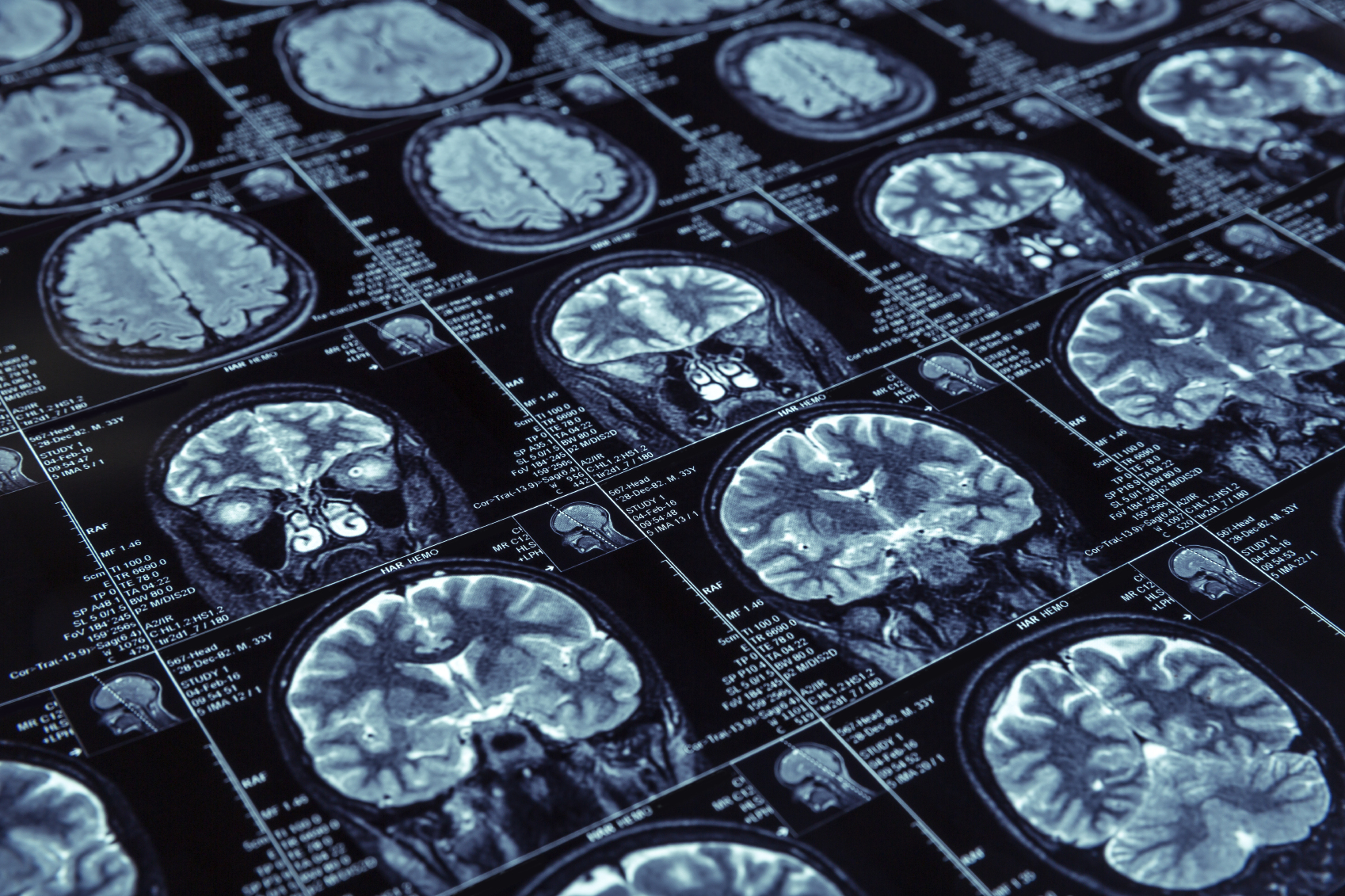Single MRI-based brain scan could diagnose Alzheimer’s disease, says study

Alzheimer’s disease could be diagnosed from a single MRI brain scan, according to a new study by Imperial College London.
Using machine learning technology, researchers were able to examine structural features of the brain, including regions that are not traditionally associated with Alzheimer’s. The simplicity of this process, scientists suggest, could aid clinicians in identifying the disease at an early stage when it can be challenging to diagnose.
As the most common form of dementia, Alzheimer’s disease affects more than half a million people in the UK. While it is most commonly seen in patients over the age of 65, those under this age threshold can also develop the disease. Frequent symptoms include memory loss and thinking, problem solving, and language difficulties.
There is no cure for Alzheimer’s disease, so early diagnosis is critical. Catching the condition at an early stage gives patients a chance to access support, arrange treatment to manage their symptoms, and plan for the future.
In the study, researchers found that in 98% of cases, the MRI-based machine learning system alone could accurately predict whether the patient had Alzheimer’s disease or not. The system was also able to distinguish between early and late-stage Alzheimer’s in 79% of patients.
Professor Eric Aboagye, from Imperial’s Department of Surgery and Cancer, who led the research, said: “Currently no other simple and widely available methods can predict Alzheimer’s disease with this level of accuracy, so our research is an important step forward. Many patients who present with Alzheimer’s at memory clinics do also have other neurological conditions, but even within this group our system could pick out those patients who had Alzheimer’s from those who did not.
“Waiting for a diagnosis can be a horrible experience for patients and their families. If we could cut down the amount of time they have to wait, make diagnosis a simpler process, and reduce some of the uncertainty, that would help a great deal. Our new approach could also identify early-stage patients for clinical trials of new drug treatments or lifestyle changes, which is currently very hard to do.”
Moreover, accurate early diagnosis allows researchers to study important brain changes that trigger the disease, and aids in the development of new treatments and trials.
“This new MRI-based analysis method could simplify the Alzheimer’s disease diagnosis process, said Dr Richard Oakley, associate director of Research at Alzheimer’s Society. “This analysis does not require an expert to run, uses MRI brain scanning technology, which is already available, and is 98% accurate in distinguishing brain changes due to Alzheimer’s disease. This could help clinicians come to an accurate Alzheimer’s disease diagnosis more quickly and easily.”
The research is published in the Nature Portfolio Journal, Communications Medicine, and was funded through the National Institute for Health and Care Research (NIHR) Imperial Biomedical Research Centre.












